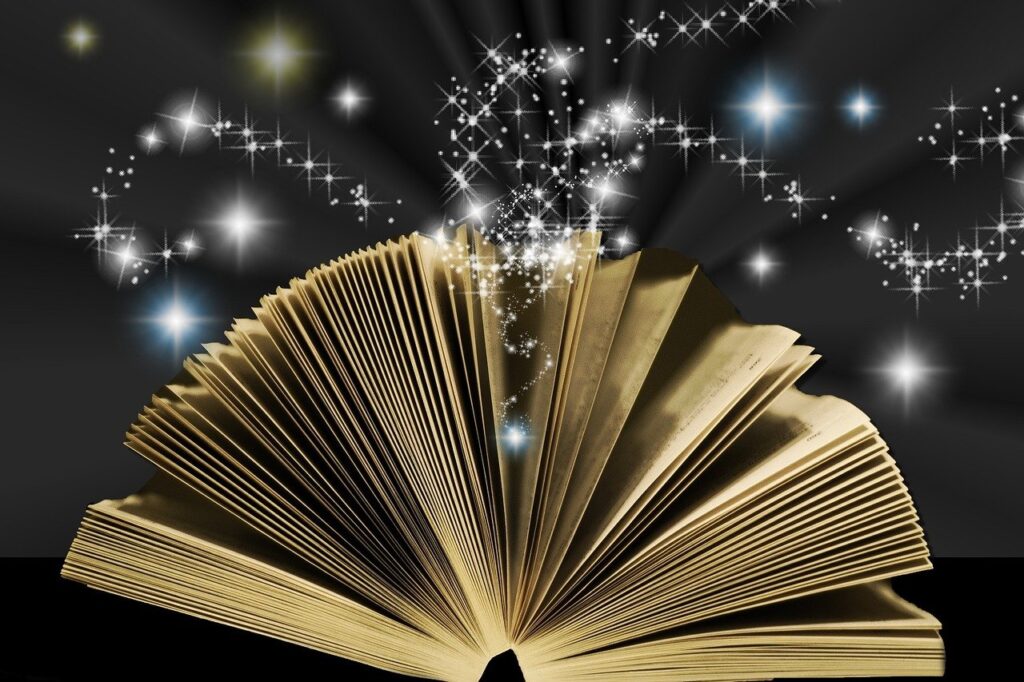
I know of a gifted man who has a “book-a-day” habit. I’m envious. Assuming our lifespans are equal, he’ll get to thousands more books than me. He’ll experience the wonder of finding his very own feelings and thoughts put into words by strangers, even emotions and ideas he unknowingly held. He’ll expand his soul through an act that generates unparalleled intimacy with characters, ideas, emotions, and apt turns of phrases.
That’s the magic of books, whether fiction or nonfiction.
When I read, I highlight segments that deeply struck me and then transcribe them onto a Google doc, to re-read and ponder someday. That someday came a couple of days ago, when I selected seven quotes worth sharing from a few books I read in 2023. I’ll give you the quote, book, author, year published, and what meaning the quote holds for me. All bolds are mine.
Boy Alone: A Brother’s Memoir, by Karl Taro Greenfeld, 2009
Yet the success of A Child Called Noah, a book, after all, with my brother’s name in the title, makes apparent to those outside our family what has been obvious to me for some time: that our family is about Noah more than it is about anyone else.
In Boy Alone, the author shares his experience of having a younger brother with autism in a raw and honest way. He doesn’t sugarcoat it: it was exceedingly painful and confusing and frightening and lonely.
The book pierced my heart, in no small part because I found it on my son Andres’s bookshelf.
In the quote, Karl Taro Greenfeld refers to a book his father wrote back when autism was considered rare and always profound. It made me hurt for all non-disabled siblings because they’ve surely felt neglected and less central to their family at some point. It has to be tough.
100 Things We’ve Lost to the Internet, by Pamela Paul, 2021
We may all suffer from the photo-taking impairment effect, in which memories are externalization, meaning they never become long-term memories of the original experience, associated in our brains with smell, tactile experience, and emotion. This updated process is referred to as cognitive offloading: We don’t need to remember anymore, and so we don’t. It sounds relaxing, and for many people, it can be.
100 Things is light reading and will provoke chuckles and nostalgia to anyone born before, say, 1990. I for one hate the “photo-taking impairment effect.” We take pictures of ev-er-y-thing, which prevents us from being present and causes us to remember every bloody thing from the photo image instead of what was lived. It sucks.
Demon Copperhead, by Barbara Kingsolver, 2022
Demon gets two quotes because it’s the best work of fiction I read this year.
It hit me pretty hard, how there’s no kind of sad in this world that will stop it turning. People will keep wanting what they want, and you’re on your own.
It never ceases to surprise that life goes on around you no matter your inner state, however bleak. That’s existential angst right there, the contradiction of connectedness vs aloneness. A profound “kind of sad” highlights the alone state, the knowledge that the universe doesn’t give a damn about me. It neither roots for me nor conspires against me.
The wonder is that you could start life with nothing, end up with nothing, and lose so much in between.
I just found this sentence genius. Thankfully, not everyone is so unfortunate as to start and end with nothing, plus lose and lose along the way.
Difficult Conversations: How to Discuss What Matters Most, by Douglas Stone, Sheila Heen, and Bruce Patton, 2000 (first edition), 2023 (latest edition)
We each make sense in our story of what happened.
I find business books like Difficult Conversations boring but helpful. In part, they’re helpful because they’re boring, as they tell you, repetitively, stuff you should know but need to be reminded of again and again. Like how a person’s view of what went down makes sense to them, just as much as how your starkly different story of the same event makes perfect sense to you. Somehow, we refuse to accept that and instead attribute malice, denial, or insanity to our coworker, spouse, sibling, neighbor, or politically misguided friend.
The Covenant of Water, by Abraham Verghese, 2023
What you see as being generous or as being exploitation has everything to do with who you’re giving it to.
It’s darn easy to feel righteous when we’re “generous” toward those who can be easily exploited.
The Covenant of Water did for me what every great epic novel does. The words flooded my senses with the sights, smells, sounds, and feel of unfamiliar lands. It acquainted me with characters whose emotions moved me or who spoke thoughts that felt true and relatable even if the characters and I had zero in common.
Heavy: An American Memoir, by Kiese Laymon
For the first time in my life, I realized telling the truth was different from finding the truth, and finding the truth had everything to do with revisiting and rearranging words. Revisiting and rearranging words didn’t only require vocabulary; it required will, and maybe courage. Revised word patterns were revised thought patterns. Revised thought patterns shaped memory. I knew, looking at all those words, that memories were there. I just had to rearrange, add, subtract, sit, and sift until I found a way to free the memory.
I found this such an apt mesh of words to describe the writing dynamic. It involves words, and big concepts like truth, memory, thoughts, will, and courage. No wonder writing is exhausting and addictive in a satisfying way. You’re a writer when you can’t not write.*
*Sentence sort of “stolen” from T. Remington, a writer I highly enjoy. Here’s a link to her Covid memoir Plague Year New York City 2020, or a memoir about her thoughts on the human race.

